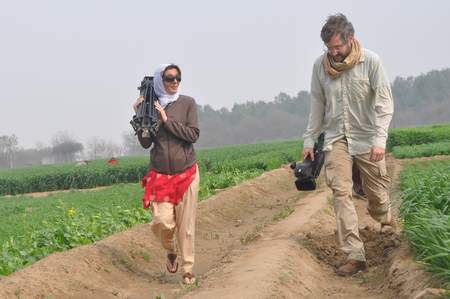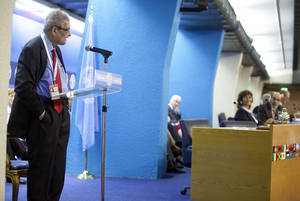 Three weeks to go (as at time of first publication) before the launch of the 6th Africa Agriculture Science Week, and the energy among the ranks of social reporters is palpable. A very active community will support the efforts of those communicating from the event and its overall importance to African agriculture and many of the members of this community have yet not even met! They are the virtual supporters of the social media efforts for AASW6 supported by CTA, GFAR, YPARD and the CGIAR Consortium.
Three weeks to go (as at time of first publication) before the launch of the 6th Africa Agriculture Science Week, and the energy among the ranks of social reporters is palpable. A very active community will support the efforts of those communicating from the event and its overall importance to African agriculture and many of the members of this community have yet not even met! They are the virtual supporters of the social media efforts for AASW6 supported by CTA, GFAR, YPARD and the CGIAR Consortium.
The energy is palpable and contagious, the numbers speak for themselves. Three weeks to go and an army of over 140 social reportersfrom all walks of life and all corners of the world are already researching, preparing, writing Some of them will travel to Accra and participate in person, others will be behind the scenes hard at work to ensure those not be able to travel to Accra can still engage, have a voice, be able to listen to what is happening.


 "If the world wants to conquer hunger, it needs to tackle all the causes of hunger simultaneously particularly poverty, and not just concentrate on producing more food",
"If the world wants to conquer hunger, it needs to tackle all the causes of hunger simultaneously particularly poverty, and not just concentrate on producing more food",